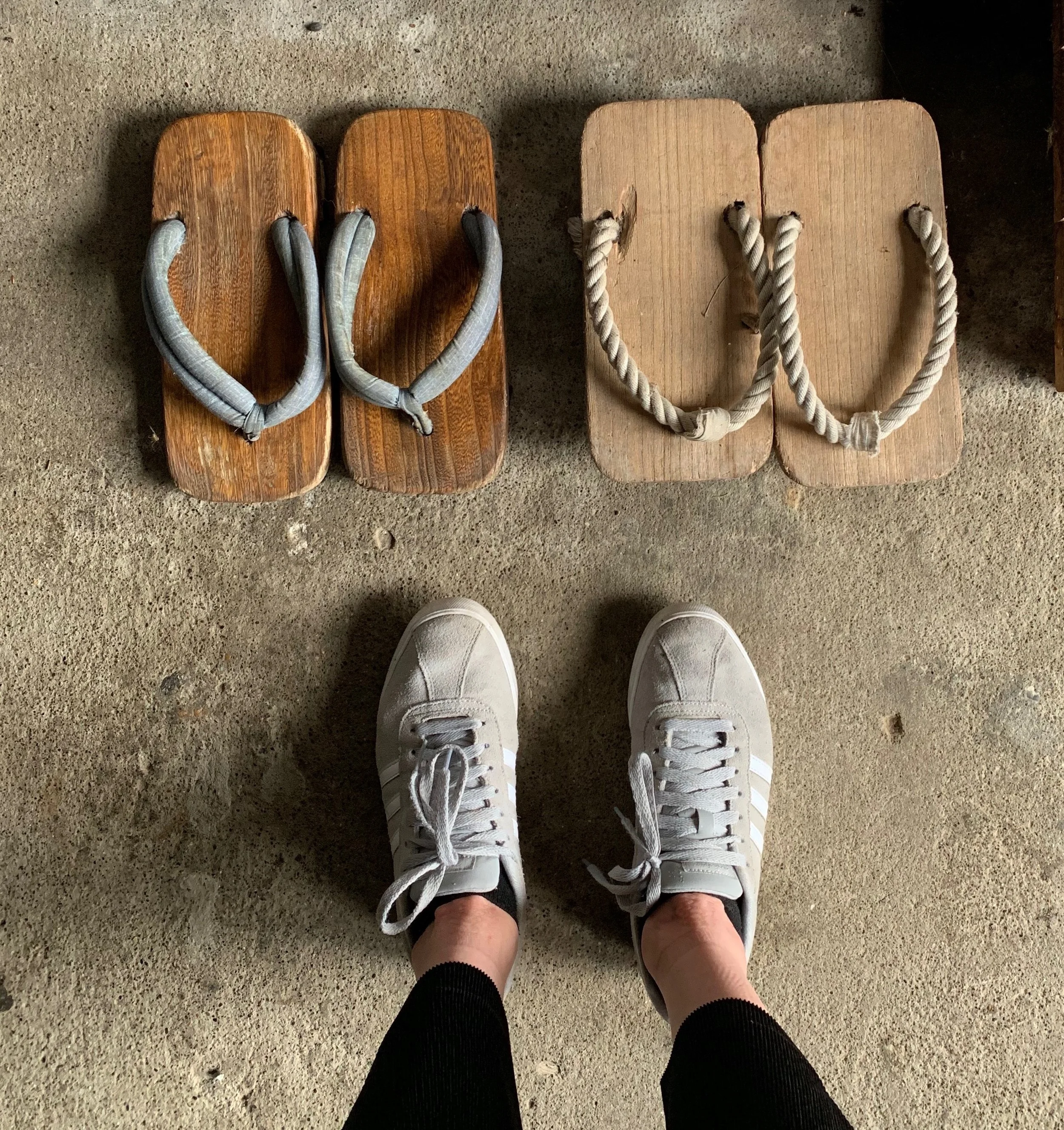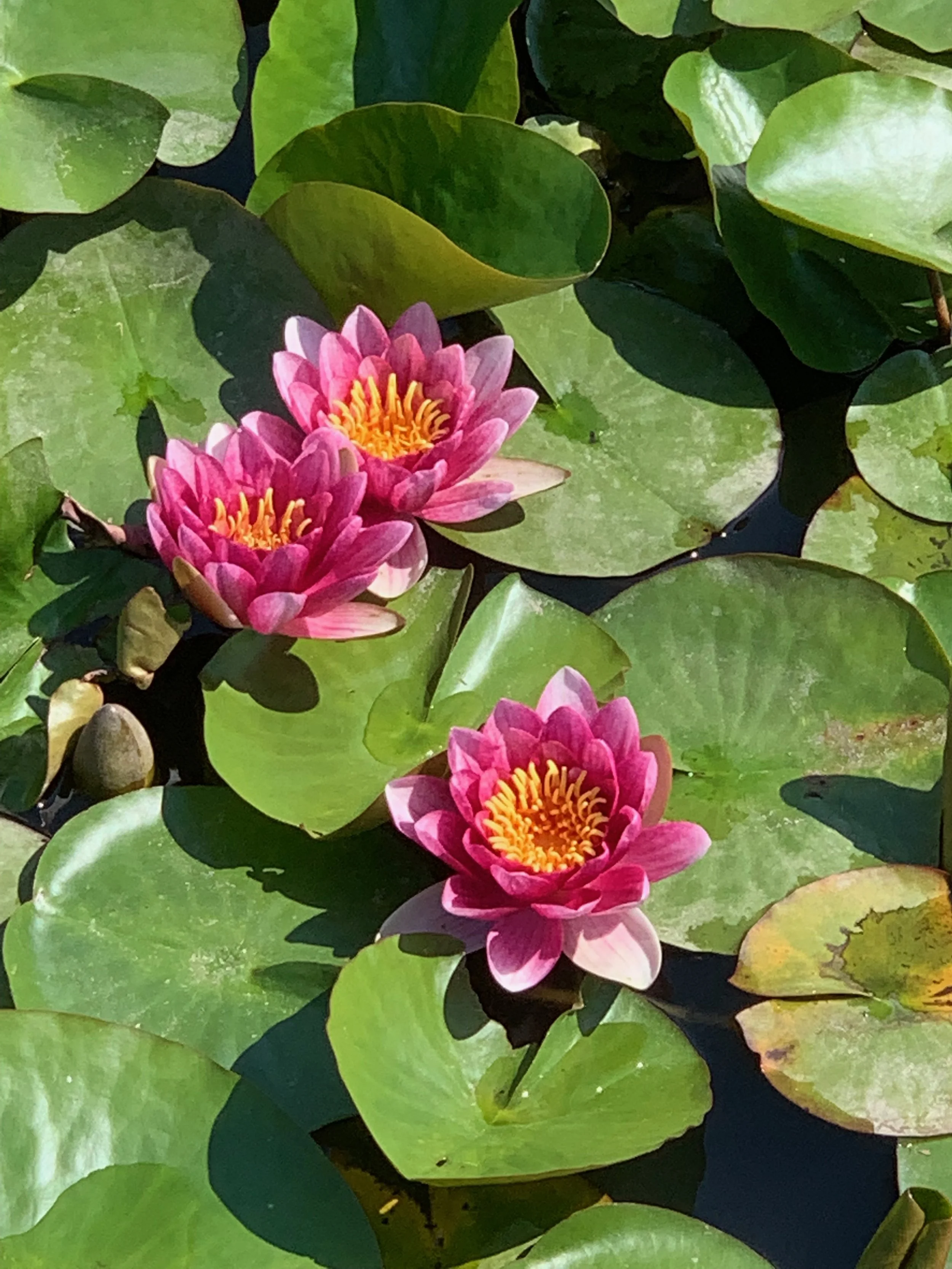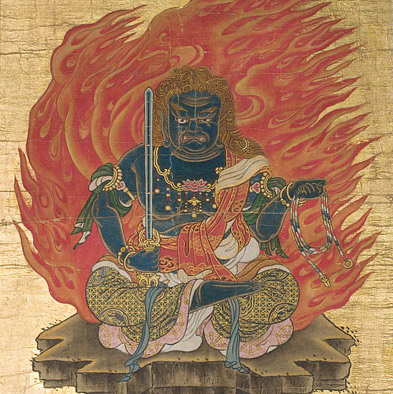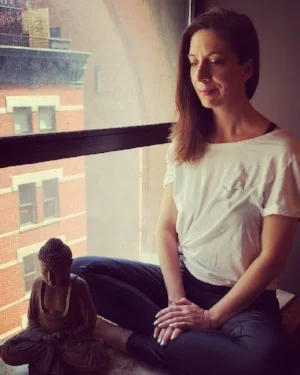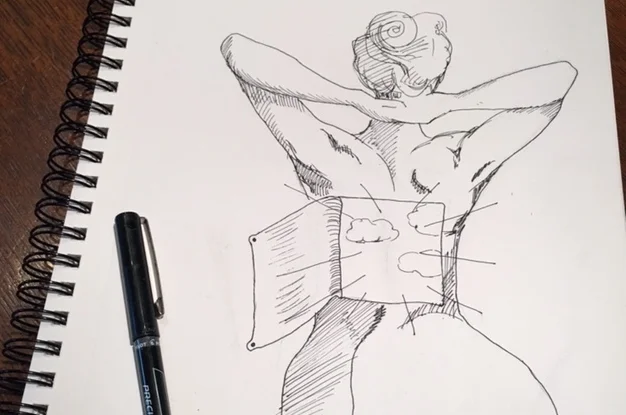Three years ago, I took a sabbatical from advertising to dive deeper into my Reiki practice. It was a priceless experience but one that let me with the certainty that, what I wanted, was to integrate my practice into everyday life.
Back in advertising, I get to practice Do not anger and Do not worry almost everyday. Many other times I get to feel the beauty of Be grateful. But until now, the precept of being compassionate to yourself and others was elusive. Sometimes I would feel compassion for others or for myself (ok, also indulgence.) But the two together? I didn’t even know there was such a thing and that it would feel so different.
So when my boss told me I was to travel to San Francisco for a meeting, I had no idea what was in store for me. I was just thinking, “Yes: Miles!”
My plane was overbooked and given that it was United (skull fracture, anyone?) I was a little worried. Boarding was very peaceful and cordial, if a bit messy. I got to my aisle seat on the last row, just next to the bathroom. Great!
People started to settle next to me. Mostly families with toddlers and babies. Excited. Scared. Screaming. Very, very loud. Not the most auspicious beginning. But it was a short flight: only 6 hours.
Well, not really. The engine had an issue, so we were delayed. And delayed. And delayed.
People were restless. Parents fretted. Toddlers pooped, screamed, cried, and pulled at each other’s hair. A young couple decided to break up next to me while waiting for the bathroom (really, people?). Groups were forming next to me and would hit my shoulder. The dad sitting next to me kept on making me stand up to go and check on his family. Then an “emotional support” dog wasn’t feeling well and the owners were desperate trying to get him to do number 2 in the bathroom, which he did on the floor after hours of stress and just before a woman walking barefoot came in.
The noise. The smell. The pushing.
I just wanted it to stop. I felt like crying and screaming, ‘Why me?’
Sniffing a bit, I put my earbuds on and started doing purifying breath (a Reiki-practice that’s grounding and calming).
And there amidst the chaos, I started to feel peaceful and light.
I was emotionally engineered by my upbringing to be a victim. It’s my default mode. But at that moment it dawned on me: I wasn’t one. We all were struggling. Parents were trying their best to manage their kids. Flight attendants were trying to remain calm and helpful.
We were all in the same boat.
The expression may be trite, but I felt the meaning with my whole body and spirit.
The lightness, warmth and peacefulness that ensued allowed me to survive the flight and, even better, actually enjoy it.
When the twin toddlers in front of me started blocking my screen with their tiny hands in the middle of a movie, I tickled them. Seeing the relief on the mom’s face (who probably was expecting me to scream) was worth missing a few minutes of what I had to admit was a very boring movie.
When the flight attendant brought me the wrong dinner, I just smiled and asked if there was any other choice left. There was and it ended up being complimentary (with United: absolutely flabbergasting).
I do have one confession: I loved when we hit pretty rough turbulence and people remained in their seat.
After almost ten hours in the crowded plane, I landed in San Francisco energized, content and ready for my journey there.
And inspired to keep on exploring the Reiki precept “Be compassionate to yourself and to others.”

